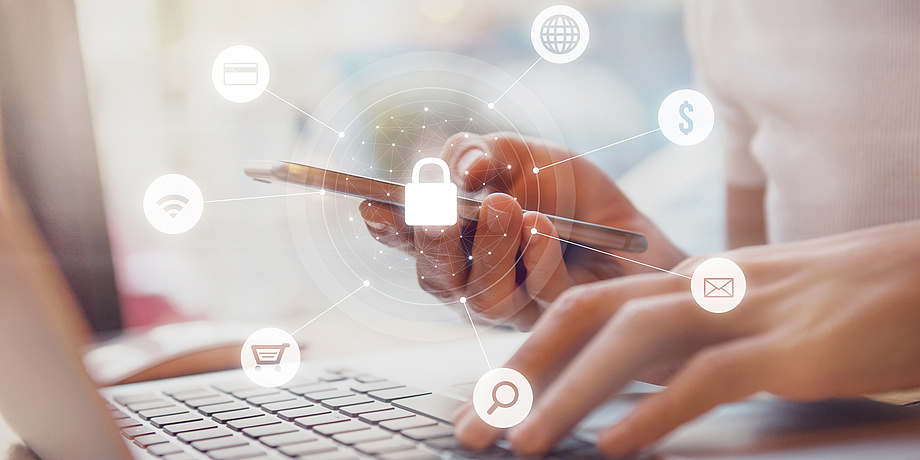“Play my afternoon playlist!” It’s a harmless request you might often use in the familiar and increasingly networked surroundings of your own four walls. Living spaces are now kitted out with more and more smart devices connected to the internet, and the automotive sector, the health service, banks and industry are likewise becoming increasingly networked.
Too often, we know little about who sees and uses the data that we inevitably generate. But we put our faith in them. We believe that devices are protected against disruption and unauthorised access, and that our data are only seen by people who have the necessary authorisation. That intruders cannot access highly personal aspects of our lives or critical infrastructure.
“But the reality is different. Once data are stored on an international server in the cloud, you lose control over them,” explains Christian Rechberger of the Institute of Applied Information Processing and Communications at TU Graz. “We look at it differently from the technological side – it’s certainly possible that users can keep control over their data and still benefit from full functionality and cloud services.”
Switch to the Planet research article about Cyber Security to discover, how TU Graz researchers take security to new levels by focusing on the way to build computer systems.
